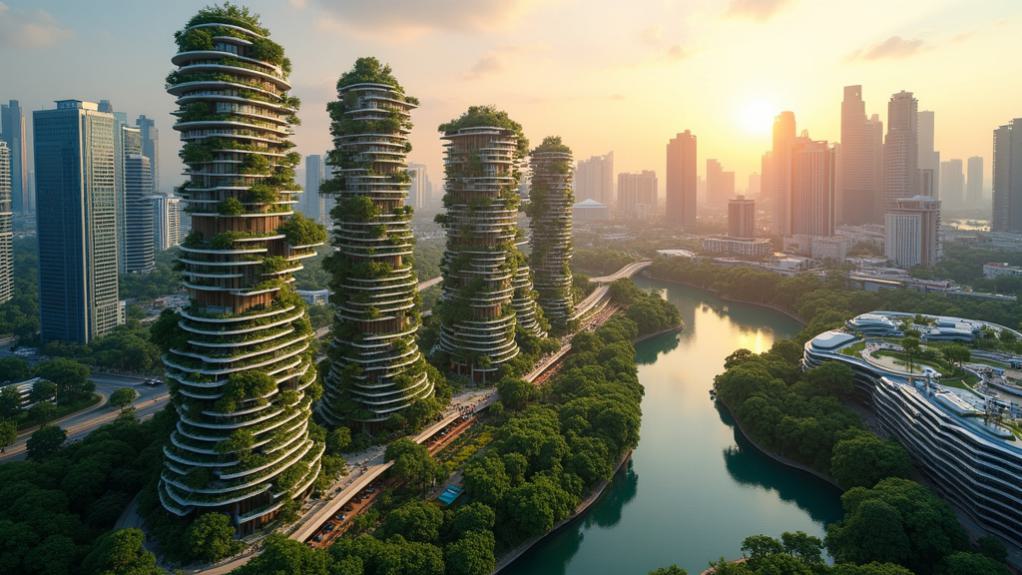A testament to visionary urban planning, Singapore’s sweeping transformation represents one of the most ambitious national development initiatives in recent decades. The city-state’s strategic approach balances economic competitiveness, environmental sustainability, and quality of life through integrated master planning that incorporates long-term strategic views while maintaining flexibility for emerging trends and technologies. This exhaustive framework, supported by robust legal structures and governance mechanisms, guides the nation’s evolution toward efficient, inclusive, and sustainable urbanization by 2038.
Central to this transformation is the development of vibrant towns that seamlessly integrate residential, work, educational, and recreational spaces. New housing hubs have been meticulously designed to accommodate high-density living while ensuring quality of life through thoughtful amenities and infrastructure. The integration of smart home technologies in these developments enables residents to manage energy consumption and automate daily tasks efficiently.
The urban strategy incorporates adaptive reuse methodologies for aging developments, optimizing space utilization while preserving architectural heritage where appropriate. Housing policies specifically target inclusivity and affordability, ensuring accommodation for Singapore’s diverse population through mixed-use developments that enhance accessibility and connectivity. The government has prioritized complete communities with essential services and amenities within walking distance of residential areas. Renovations in existing housing units must adhere to strict HDB regulations to maintain structural integrity and minimize disruptions to neighbors.
The expansion of green spaces forms a critical component of Singapore’s urban renewal, with significant increases in parkland, urban nature corridors, and integrated green areas within residential and commercial developments. These nature-based solutions not only enhance climate resilience but also promote urban biodiversity and ecological connectivity. The creation of biophilic environments throughout the city-state demonstrates a commitment to promoting public health and well-being through natural elements.
Business districts are undergoing substantial reconfiguration to accommodate knowledge-based and technology industries, with aging business parks like Changi being redeveloped with state-of-the-art digital infrastructure, integrated transport networks, and sustainability features. These smart business hubs incorporate flexible workspaces and are being realized through strategic public-private partnerships that catalyze innovation and investment.
Climate adaptation considerations permeate all aspects of Singapore’s urban planning, from flood protection measures and heat mitigation strategies to green building codes and expanded public transport networks. The transformation prioritizes social inclusion through thoughtful placemaking initiatives, accessible design, and community spaces that foster civic engagement and enhance livability for all residents.





